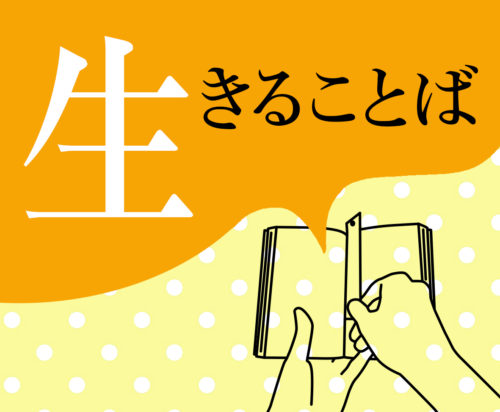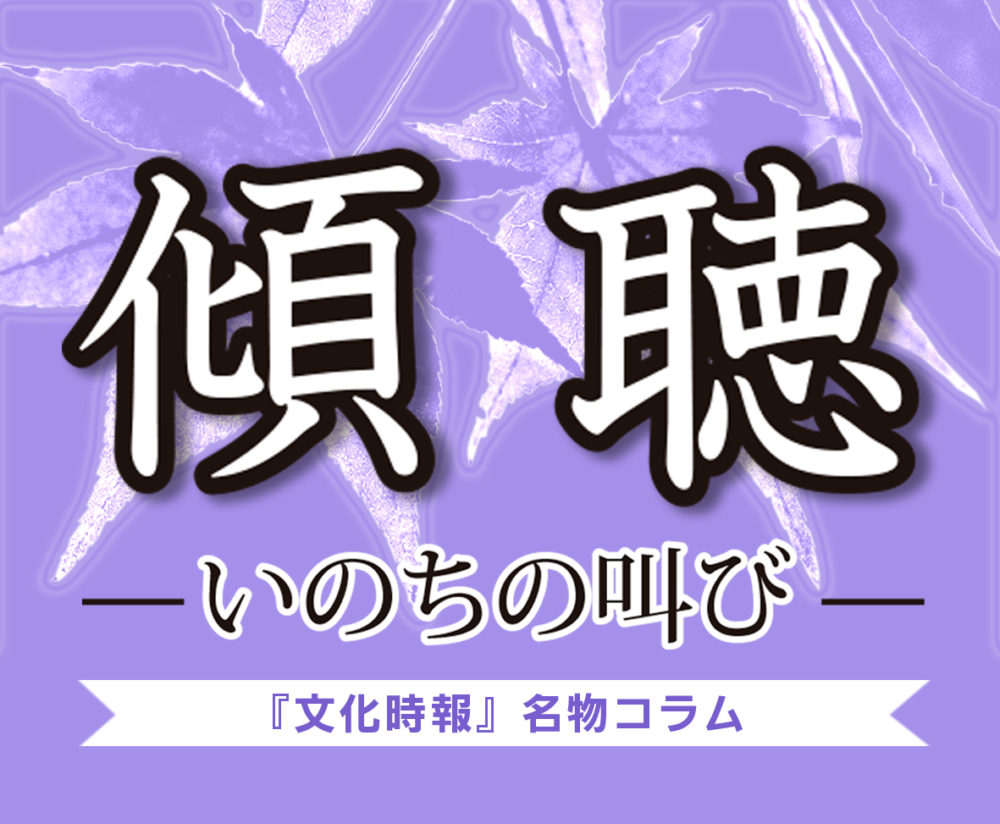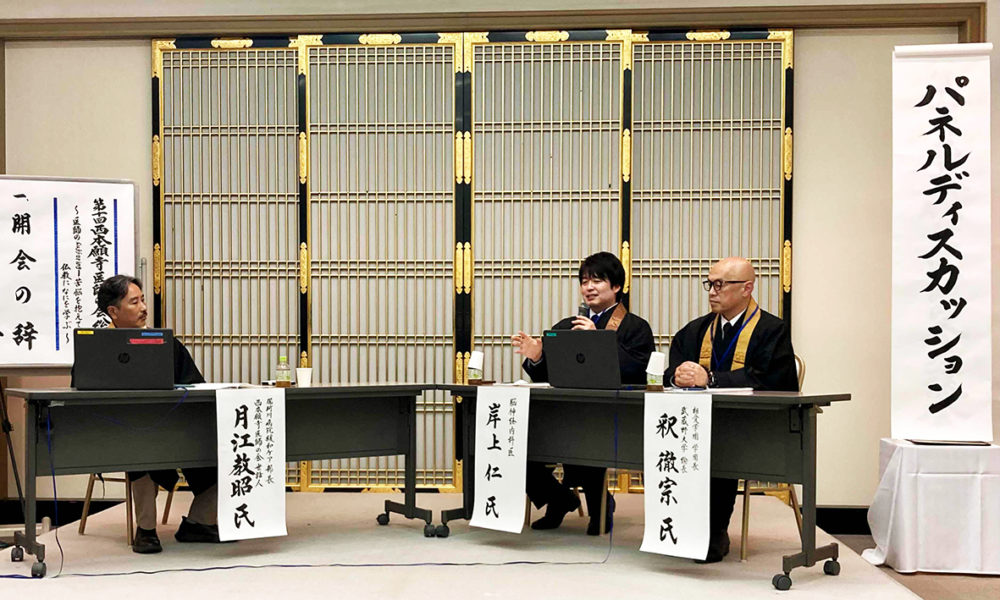





考える
生きることば
“I respect deities, but do not rely on them “
2025年2月7日
※この記事は「我、神仏を尊びて、神仏を頼らず」を英訳したものです。
“I respect deities, but do not rely on them. “
-Swordsman, Miyamoto Musashi (1584?~1645)

The time was in the early Edo period. Under Sagarimatsu (a pine tree) in Ichijyou Temple in Kyoto, the great swordsman Miyamoto Musashi was about to challenge dozens from the Yoshioka family known for masterly fencers. Although he tried to wish for his victory, stopping by Hachidai Temple on his way, he left the temple without praying. This is a legend made into novels and movies.
Words that reflected on his feeling at the time are “I respect deities, but do not rely on them”. Even if you worship gods and Buddhas, but should not pray to them for help. It means trying to depend on these divine beings to listen to your prayers is your own weakness.
「苦しい時の神頼み」is a proverb that can mean to denounce those who seek help by praying to a deity even though they have lost touch and have lost a sense of obligation. In the first place, paying a visit to a shrine and a temple is said to be an occasion for expressing your appreciation rather than your wishes. If you are thinking only about yourself, deities as well as people around you will eventually turn their backs on you.
There is another proverb, 「人事を尽くして天命を待つ」,which may align with this story. This saying denotes that you can only wait for your destiny to tell the result after you’ve given it your all. Maybe, Musashi was feeling exactly how the proverb goes before the battle.
Incidentally, there is also a theory that the fight took place under another pine tree named Kitano Shichihon Matsu, not Ichijyou Sagarimatsu.


